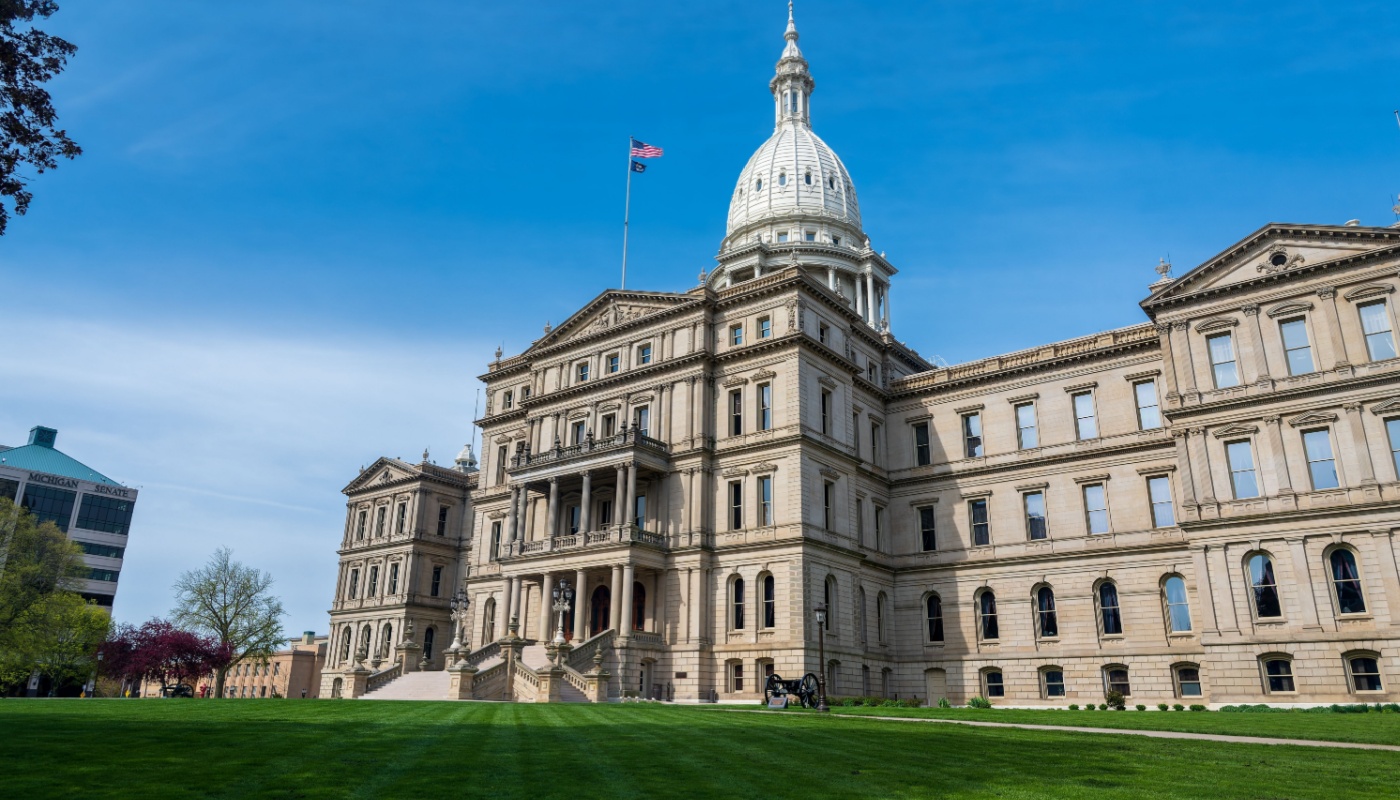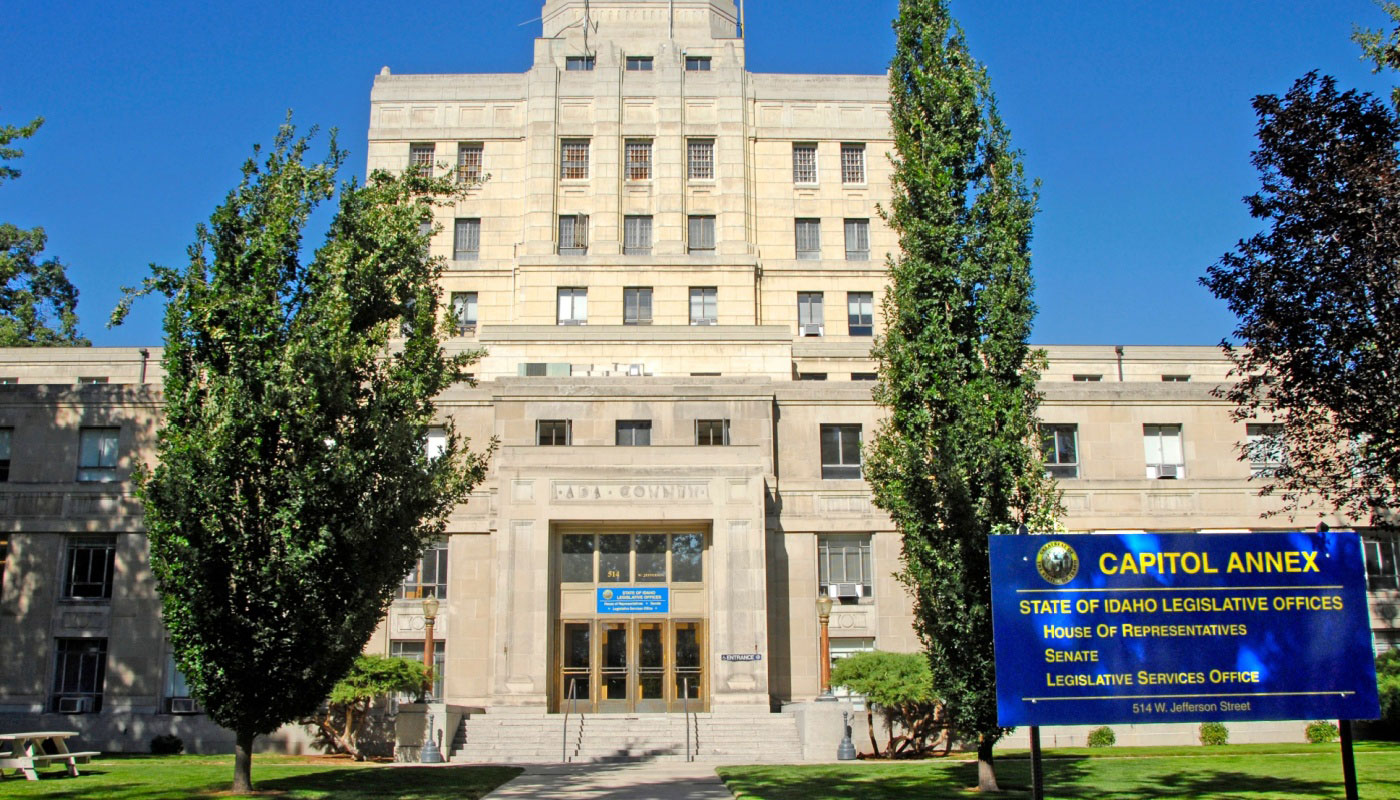
News writer
Winning the lottery should be a dream come true, but in Michigan, hitting a massive jackpot comes with a catch — your name goes public. While winners of in-state games can keep their identities secret, those lucky enough to claim a Powerball or Mega Millions fortune must step into the spotlight.
Now, a new bill aims to change that, giving all big winners the right to stay anonymous. But not everyone is on board, with lottery officials arguing that secrecy could hurt sales and funding for schools. Will Michigan join the growing list of states offering jackpot privacy?
Current rules in Michigan
For those lucky Michigan residents who currently win big playing multistate lottery games like Powerball and Mega Millions, the Michigan Lottery requires them to have their name released publicly along with the dollar amount they won.
However, any winners of prizes of more than $10,000 on in-state games can prevent the Michigan Lottery from making their name public. They can choose to remain anonymous, if they choose to do so.
New legislation in Michigan
Since we are living in a digital age, it's very easy to go online and find out a person's address and other personal information. By releasing a person's identity when winning the lottery, it is opening them up to be targeted by scams, threats, and potential violence, said state Rep. Pat Outman, a Republican from Six Lakes.
That is why he has tried in the past two sessions to propose legislation that would allow multistate lottery game winners in Michigan to remain anonymous if they didn't want to release their names to the public. Those bills didn't get passed, but Outman reintroduced the bill in the current session that started in January 2025.
Outman told MLive:
In the digital age that we live in now, it just becomes an increasing risk for lottery winners. What should be a time of joy actually turns into a horror story in some cases.
Currently, there are 11 other states in the U.S. that protect winners of multistate games from having to release their identities.
A workaround in Michigan
For those big winners in Michigan wanting to remain anonymous, there is a workaround to the system. If you win big and don't want to release your name to the public, you can form a lottery club and appoint a public-facing representative — usually an attorney — to claim the prize for the club.
In this instance, the representative would have their name released, along with the name of the lottery club, but all members of that club would remain anonymous.
This has happened in Michigan already when a group in Michigan won a $1.05 billion Mega Millions jackpot in 2021. They claimed their prize under the Wolverine FLL Club, with their attorney, Kurt Panouses, representing them and accepting the check on their behalf. The group members remained anonymous, but the attorney's name was released.
Bipartisan support for this bill
While the previous bills Outman brought to the session didn't make it all the way to the governor, they have received bipartisan support. During the last session, it passed the House by a vote of 106 to 3. However, it died in the Senate without a hearing or a vote.
Outman stated:
I'm really going to try to make a compelling case this time again and just say, “Hey, let's put politics aside and let's protect people."
Now that Republicans hold a majority in the House, Outman feels there's more leverage to negotiate the passage of what he says is a commonsense bill.
Michigan Lottery officials oppose bill
Despite the bipartisan support by lawmakers, it looks like the Michigan Lottery has been opposed to the bill in the past. The last time lottery officials argued that allowing winners to remain anonymous would hurt the ability to generate publicity and advertise prizes won in multistate games.
Lottery officials said this would then reduce lottery game sales, which would lead to a smaller amount of money generated for public schools, which is where all lottery revenue in Michigan goes.
They also feel that anonymity would undermine transparency, as the public would no longer know who is winning these jackpots.
Michigan Lottery spokesperson Jake Harris told MLive they haven't yet taken a formal stance on this new bill, saying they need to review all aspects of the legislation and its potential impacts.
Enjoy playing the Michigan Lottery, and please remember to play responsibly.




















Comments